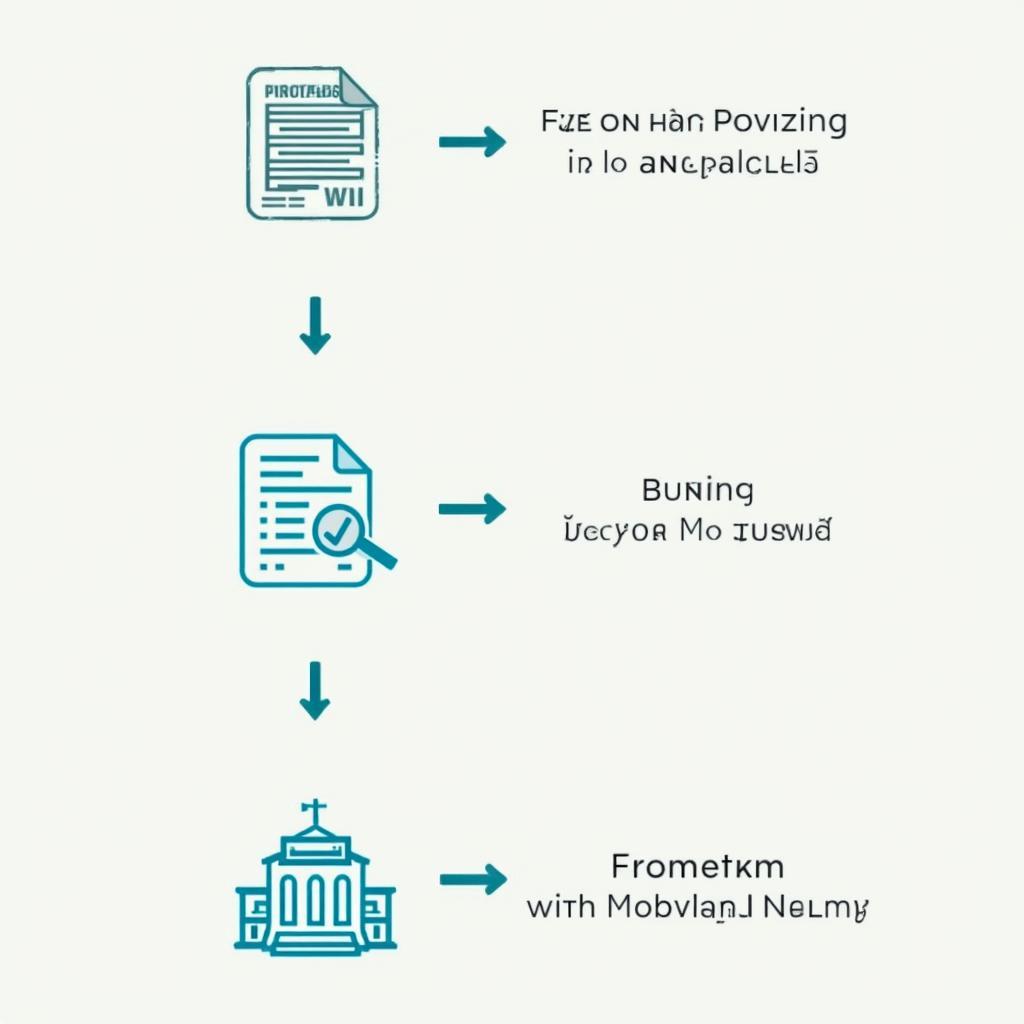
Can a Power of Attorney Change a Will After Death?
Can power of attorney change a will after death? No. A power of attorney ends immediately upon death, while a will takes effect then. Consult an estate attorney for guidance.

Can power of attorney change a will after death? No. A power of attorney ends immediately upon death, while a will takes effect then. Consult an estate attorney for guidance.

After a car accident, find the best attorney for car accidents to protect your rights. This guide helps you find the right legal advocate for maximizing your compensation.

How much are attorney websites? Costs vary from $1,000 for basic sites to $10,000+ for complex platforms with client portals and advanced features. Factors like design, functionality, and ongoing SEO influence the final price.

An attorney for uncontested divorce can be invaluable, ensuring a smooth, legally sound process even when both parties agree. They protect your rights and navigate complexities, offering peace of mind during a challenging time.

Get legal peace of mind. Schedule a free attorney consultation Florida to discuss your case, explore options, and decide your best course of action with a qualified lawyer.

Attorney at law vs lawyer: what’s the difference? A lawyer has a law degree, while an attorney at law is licensed to practice law in court. This distinction is crucial when seeking legal representation.
Learn how to get power of attorney in KY and appoint an agent to act on your behalf. This guide covers the types of KY POA, required steps, and answers FAQs.

Learn how to change a power of attorney correctly. This guide covers revoking an existing POA, notifying relevant parties, and establishing a new power of attorney to ensure your affairs are handled according to your wishes.
Understand power of attorney with this guide. Learn about different types, uses, and a power of attorney in a sentence example: “She granted him power of attorney.” Explore the implications and safeguards.
Understand attorney client privilege Canada exceptions. While confidentiality is paramount, exceptions exist for public safety, innocence at stake, litigation, crime-fraud, fee disputes, and client waiver.